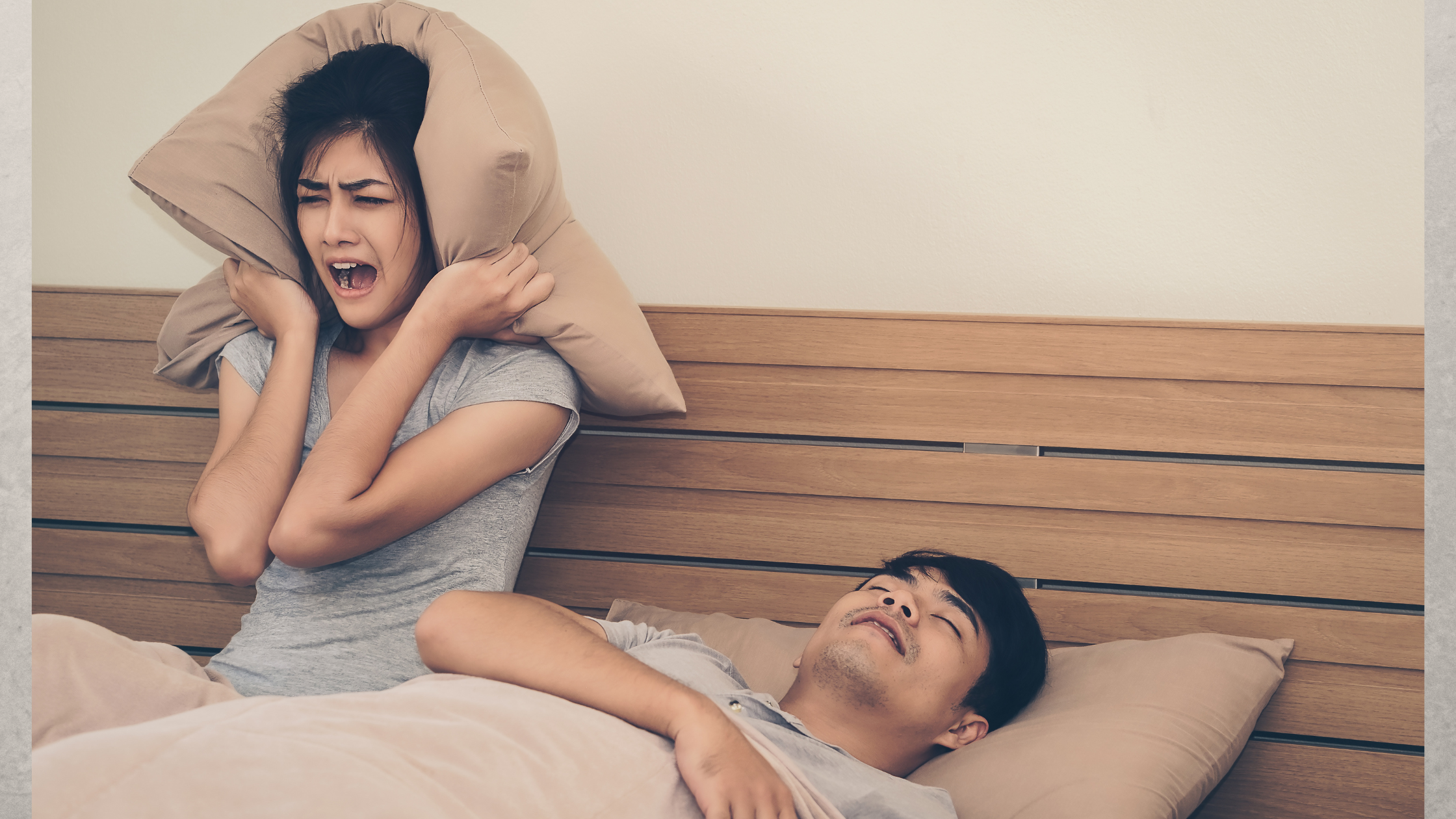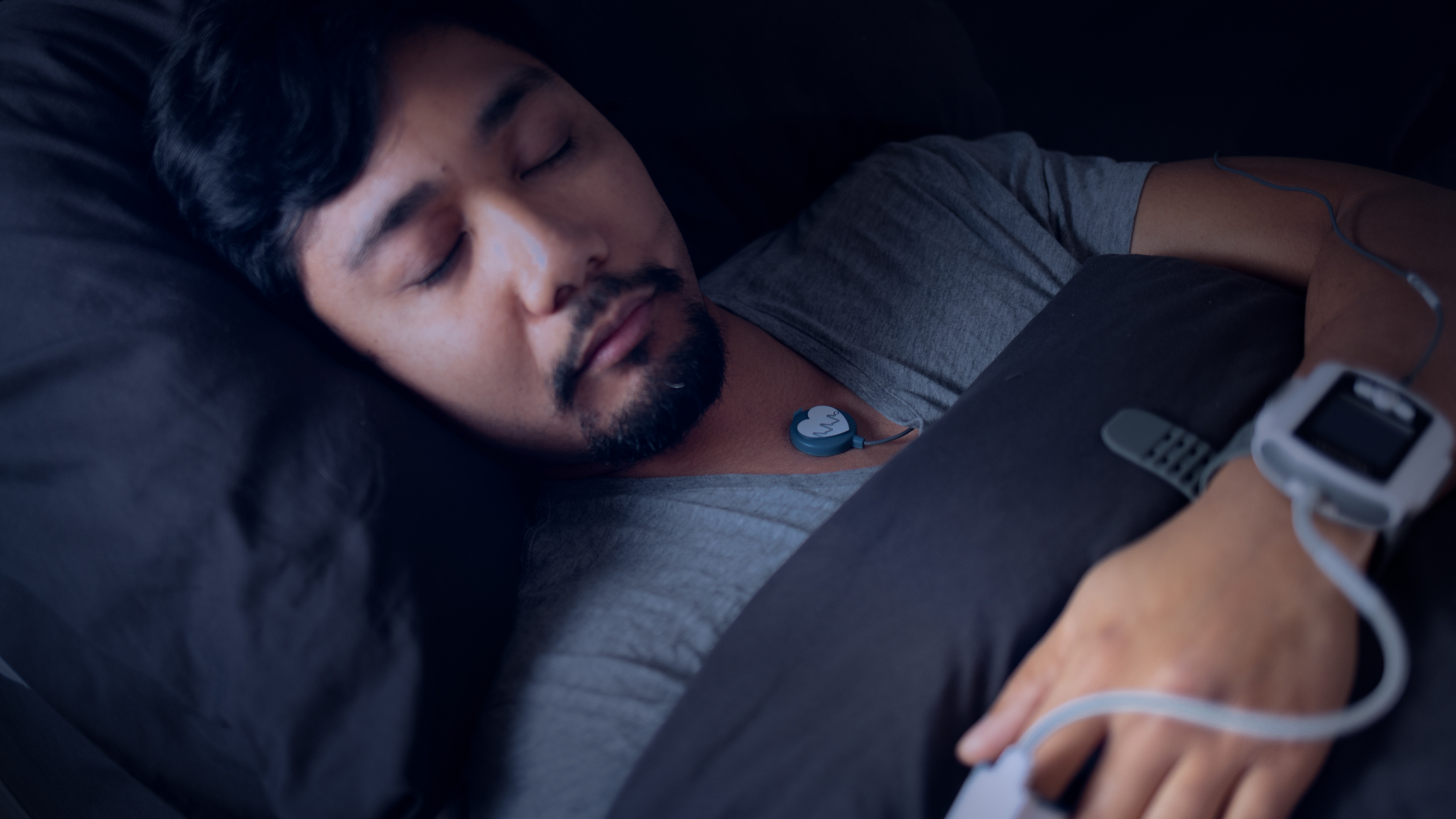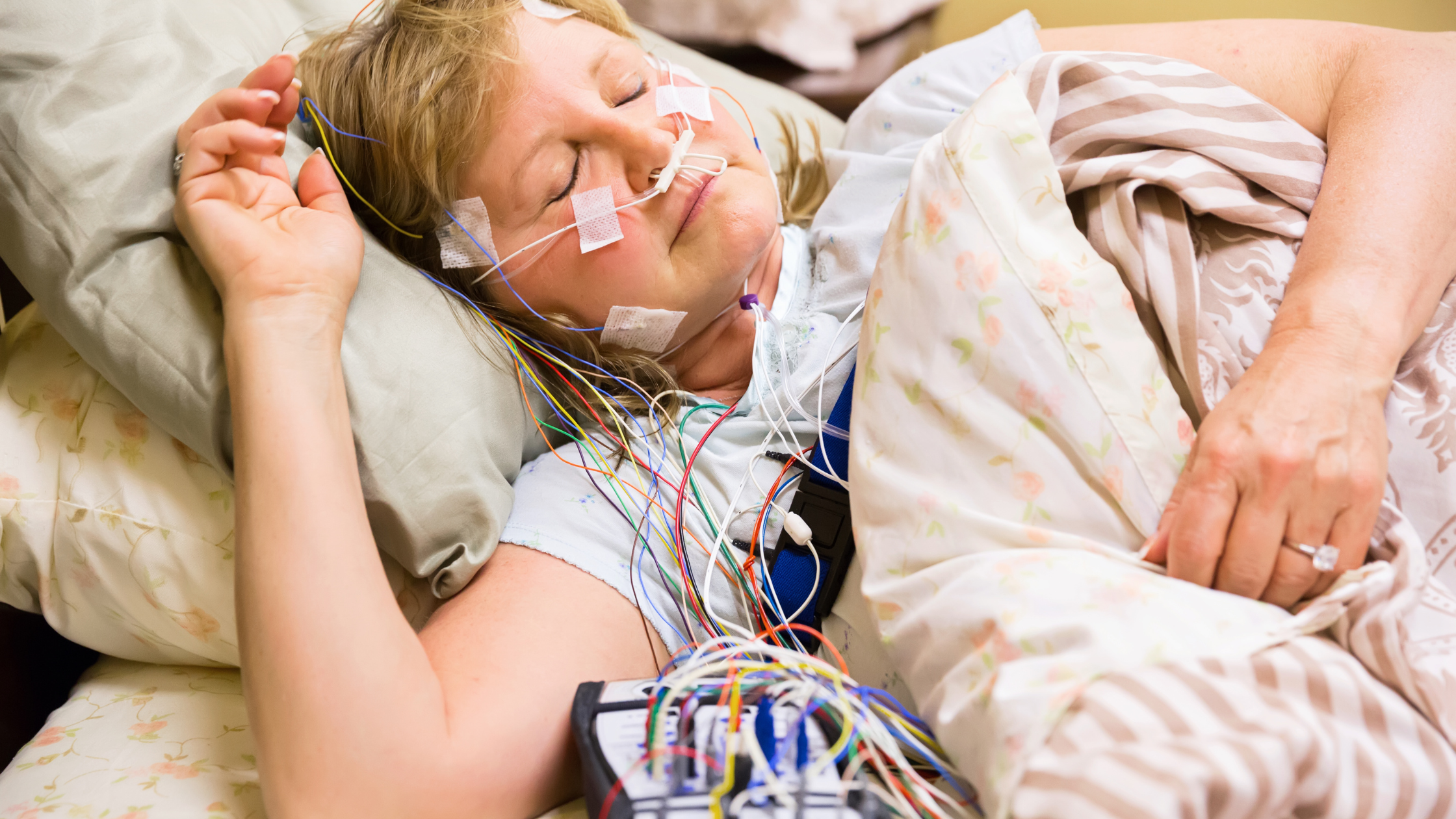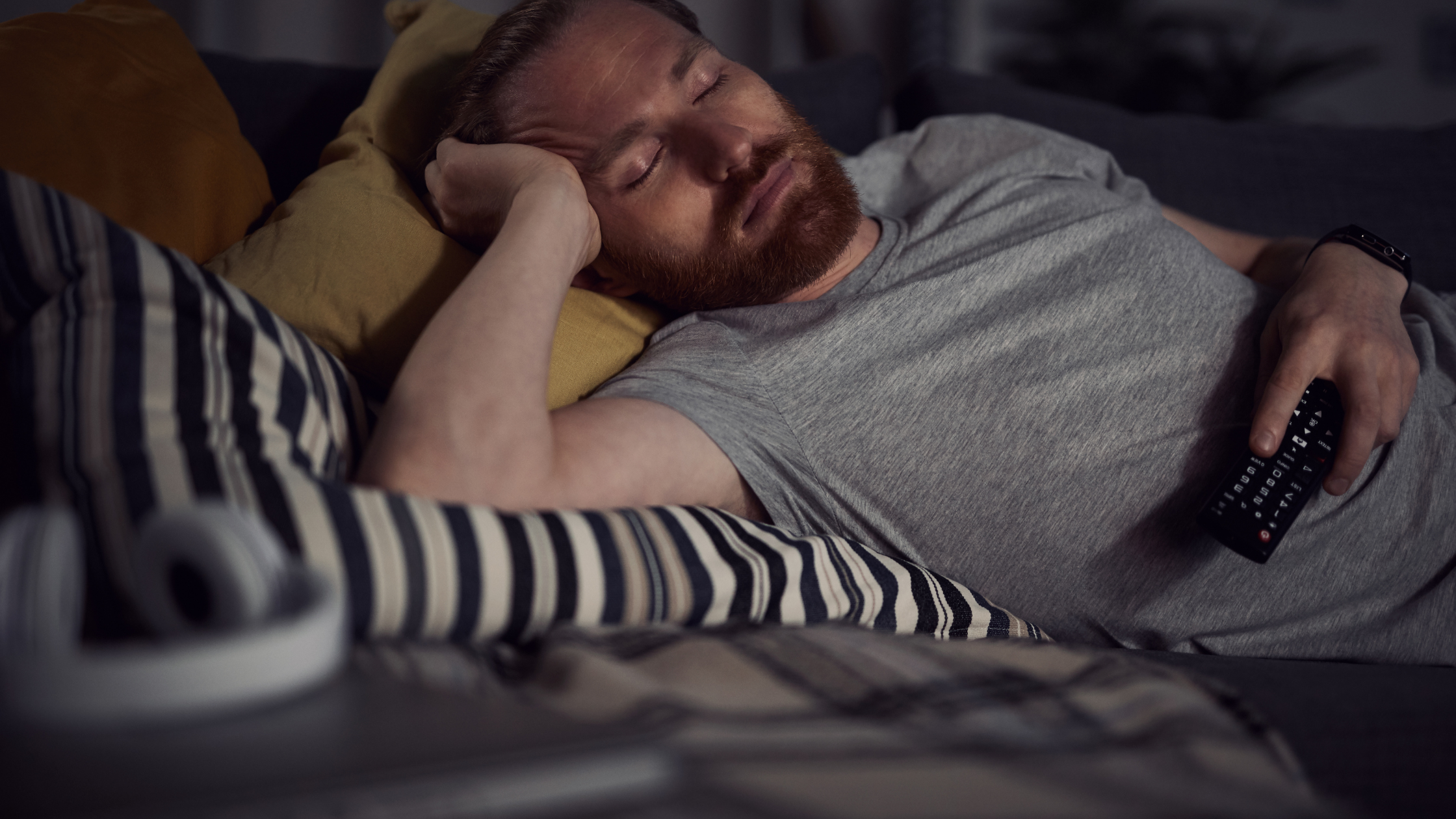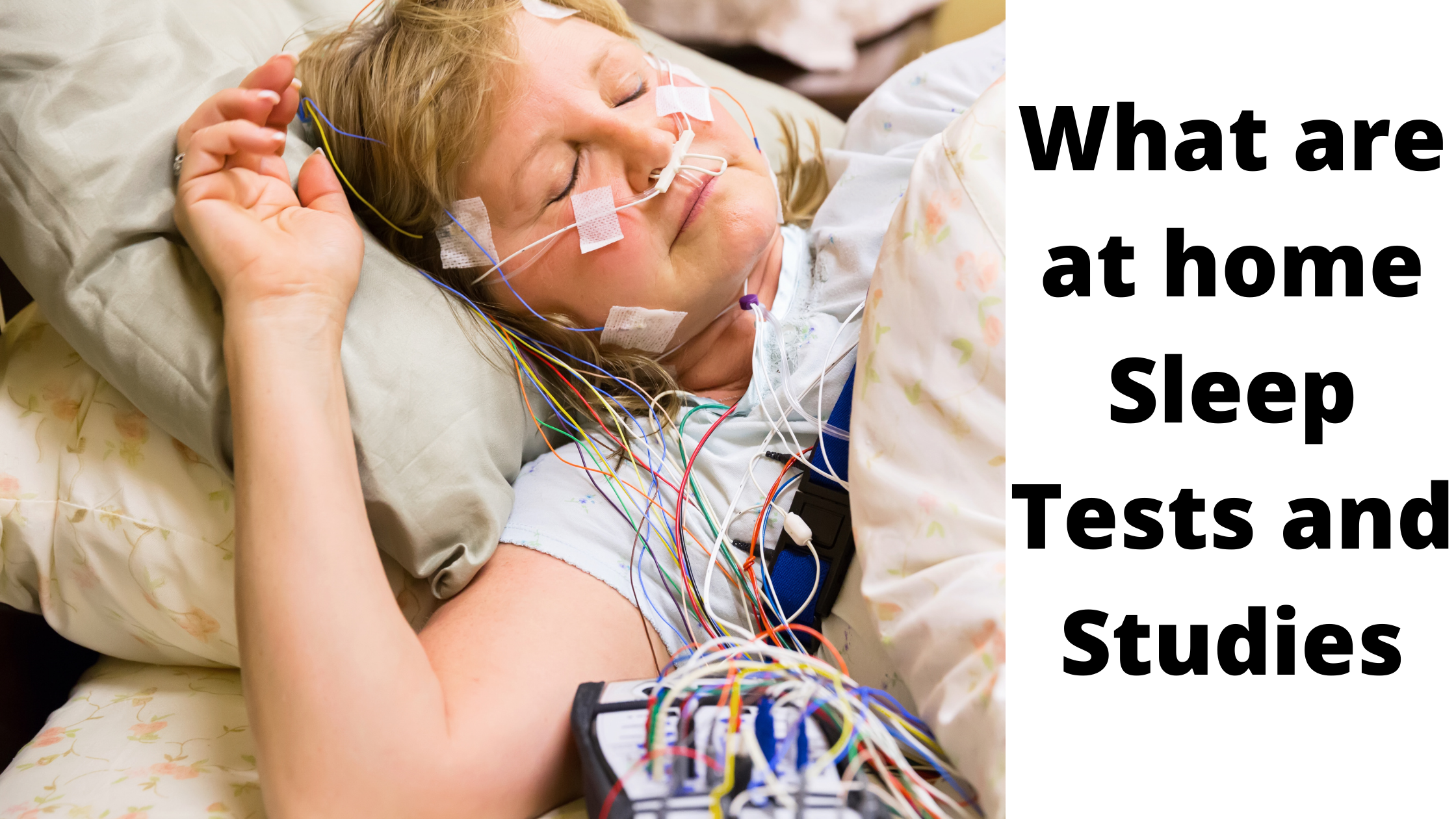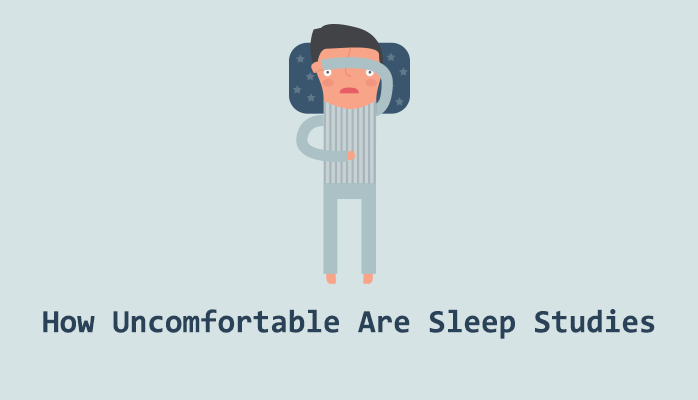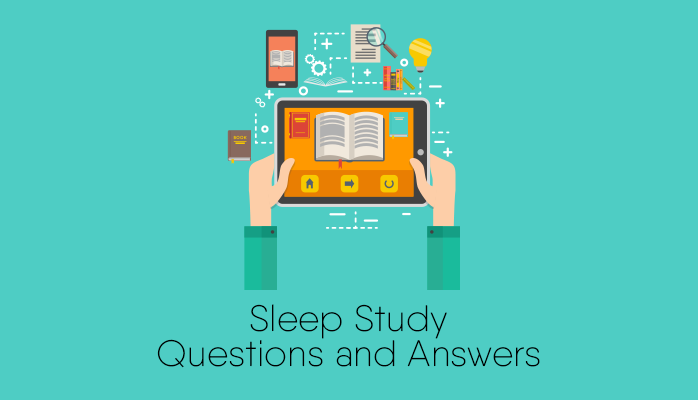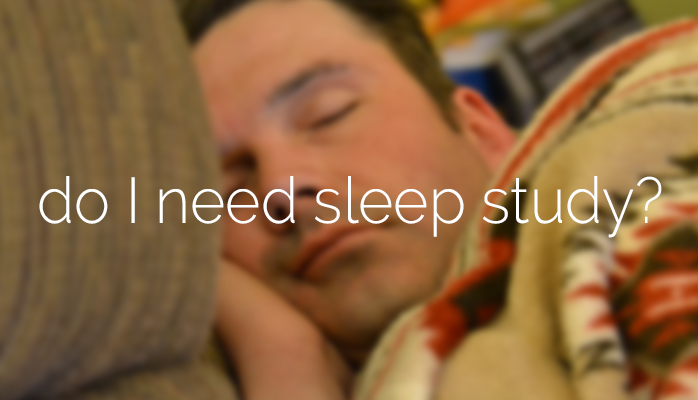If you’ve noticed that your partner has been struggling with sleep, it’s natural to be concerned. Sleep issues can significantly impact overall health, well-being, and quality of life. One effective way to address these concerns is through a sleep test, which can diagnose underlying sleep disorders and lead to effective treatment. However, persuading a partner to undergo a sleep test can be challenging. Here are some practical tips to help you approach the conversation and encourage your partner to prioritize their sleep health.
Tips for Encouraging Your Partner to Get a Sleep Test
Unlocking Better Sleep: Understanding Medicare Coverage for Sleep Studies
A good night's sleep is essential for maintaining overall health and well-being. However, millions of Americans struggle with sleep disorders that can impact their quality of life. Fortunately, Medicare, the federal health insurance program for individuals aged 65 and older and some younger individuals with specific disabilities, offers coverage for sleep studies. In this blog post, we will delve into the importance of sleep studies, the different types of sleep disorders they can diagnose, and how Medicare can help you access these crucial diagnostic tools.
Home Sleep Apnea Tests: Everything You Need to Know
Sleep apnea is a very common sleep disorder in the United States. About 24 million people live with symptoms of sleep apnea without knowing that they have it. There are many individuals who will only be able to get diagnosed with an at-home sleep apnea test as they won't have access to a sleep center that does them.
Obstructive sleep apnea is a condition where the muscles in the back of the throat relax, blocking the airway during exhalation. The body must then wake up briefly to begin breathing again. These awakenings are often unrecognized by the sleeper, but may be heard by bed partners or observers who witness the chocking, coughing, and snoring associated with sleep apnea. The sleeper may feel excessively tired during the day, have headaches, and find it hard to stay awake, but be unsure why.
Treating OSA can help relieve some of these symptoms, but also prevent the development of many serious diseases like obesity, diabetes, cardiovascular disease, and high blood pressure. This is why diagnosing and treatment are extremely important. Continue reading to learn more about at-home apnea tests.
Is Falling Asleep Fast a Sign of a Sleeping Disorder?
When you think of a sleeping disorder, you may think more about individuals who have trouble falling asleep. This is known as insomnia. However, if you fall asleep too quickly, that may also be a sign of an underlying sleep disorder.
Falling asleep too fast is normally characterized as being able to fall asleep anywhere, or nodding off almost immediately after laying down. Continue reading to learn more about sleepiness, and what may be some indications for you to speak to your health professional about your symptoms.
If you are having trouble sleeping, then your primary care physician may refer you to a sleep specialist. It can be difficult to determine who should be your sleep doctor. Of course, here, we would love for you to be our patient. However, it's important for you to make an informed decision about who is going to handle your sleep health.
There are certain characteristics that you should consider whenever you are choosing a sleep doctor. This way you can get the appropriate testing that you need. Learn about what a sleep specialist is, what training and board certification is required, and how you can choose the right doctor that will provide you with the health that you were looking for.
Sleep studies normally consist of coming into a lab and having physicians and other sleep professionals watch you sleep for the night. They take various measurements to identify any potential sleep disorders. When you wake up in the morning, they normally have a lot of data to go through to determine what it is that may be causing you trouble getting to sleep.
However, for mobility, financial, or feasibility issues, in-lab sleep tests may not be available for everyone. For those who may not be able to spend the night in a lab, at-home sleep tests may be a better option, and it's important that you are aware of what your options are. Continue reading to find out more about sleep tests you can perform at home.
What is a Sleep Study?
A sleep study, also called a polysomnogram (PSG), is a non-invasive study conducted at a sleep center. Sleep specialists monitor your sleeping, via PSG equipment ,in order to assess what kind of sleep quality you are getting and, where applicable, any sleep disorders you may be dealing with.
During a sleep study, many aspects of your sleep will be evaluated and monitored, such as:
- Brain wave activity
- Eye movements
- Breathing
- Muscle contractions
- Heart Activity
- Blood oxygenation
Results from your sleep study are analyzed by sleep physicians and sent to your healthcare practitioner to review with you.
What is a Sleep Study?
Sleep studies are important diagnostic tools for common sleep disorders like sleep apnea, insomnia, circadian and rhythm disorders. Sleep studies have proven to be particularly important in Alaska where the extreme darkness and lightness tend to either cause or worsen sleep disorders.
Sleep studies are non-invasive and painless. They monitor:
- Brainwave activity
- Eye movement
- Muscle movement
- Heart activity
- Breathing
- Blood oxygen level
In a sleep study, you will conduct your sleep study over night at our facility. The results from the sleep study will help either provide a diagnosis or clarify what (if anything) may be causing concern.
What is a Sleep Study?
Sleep studies are important diagnostic tools for common sleep disorders like sleep apnea, insomnia, circadian and rhythm disorders. Sleep studies have proven to be particularly important in Alaska where the extreme darkness and lightness tend to either cause or worsen sleep disorders.
Generally, sleep studies are used when:
- You feel there are major “red flags” in your ability to get healthy sleep but don’t know what the problem is
- You need to confirm a specific sleep disorder diagnosis
Sleep studies are non-invasive and painless. They monitor:
- Brainwave activity
- Eye movement
- Muscle movement
- Heart activity
- Breathing
- Blood oxygen level
You will conduct your sleep study overnight at our facility.
Signs That I Need a Sleep Study
For many of us, the idea of having a sleep study is an exotic “wouldn’t that be interesting?” kind of thing. However, countless examples of recent research on the importance of sleep are bringing sleep studies into the mainstream. I personally know several people whose lives have been changed by sleep studies. Sleep quality is critical for everything, from peak athlete performance to heart health to brain health.
However, sleep time does not always equate to sleep quality. There are numerous signs that you might need a sleep study, regardless of what time you go to bed and wake up. Some signs that your sleep quality is poor are:
-
Excessive daytime sleepiness
-
Unexplainable, consistent malaise and fatigue
-
Daily irritation, anxiety, or mood swings for no clear reason
-
Difficult concentrating, such as “brain fog”, or cognitive impairment
-
Decreased sex drive
-
Poor performance at work (regardless of the occupation, as sleep affects performance at every output)
-
Stress without a clear reason
-
Obesity without clear reason
-
High blood pressure
-
Heart disease
-
Heart attack
-
Irregular heart beat
-
Diabetes
-
Morning headaches
In other words, if you have generally been feeling down and out for no clear reason, it might be time to do a sleep study. Quality sleep means you are there for your spouse, family, and friends. They want the happy you, not the crabby, tired you.

